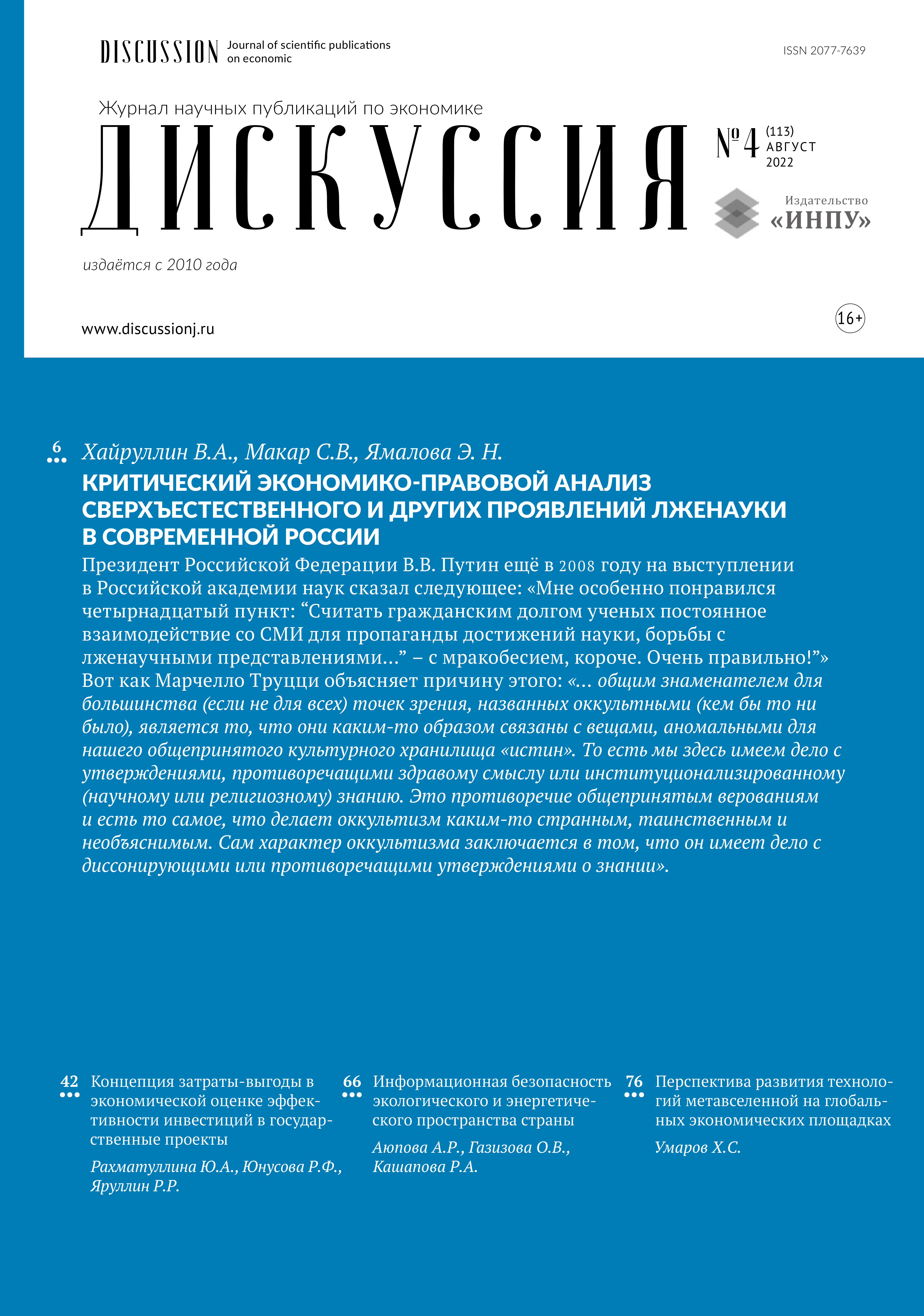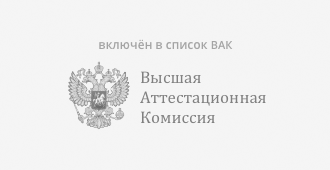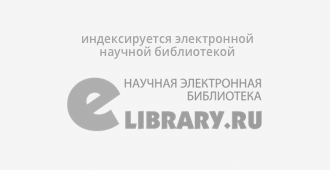PROSPECTS FOR THE DEVELOPMENT OF METAVERSE TECHNOLOGIES ON GLOBAL ECONOMIC PLATFORMS
Keywords:
Metaverse, Digitalization, blockchain, information and communication technologies, artificial intelligence, virtual reality, extended reality, Augmented reality, Web3, COVID-19Abstract
In recent years, both the scientific community and ordinary users have sharply increased their interest in studying the practical applicability of the latest information technologies and active using the tools of the new digital space of the metaverse to solve both professional and personal tasks.The object of the research will be technologies and innovative tools of the modern metaverse. The subject of the research is the study of the impact of metaverse technologies on the transformation of global economic processes.The key objectives of the scientific research are a careful analysis of the possibilities, advantages and problematic aspects of using the metaverse tools, taking into account the impact of current economic cataclysms (COVID-19 coronavirus infection, global inflation growth, the global energy crisis, the general aggravation of the political situation in the world, etc.).To conduct a qualitative analysis of metaverse technologies, methods of theoretical generalization, structural grouping, comparative analysis of foreign and Russian sources of leading experts in the field of marketing, digital and information and communication technologies, as well as reporting information from consulting and analytical agencies Statista, Grand View Research, Cointelegraph, Emergen Research, Tech Target, McKinsey & Company for 2018-2022. The scientific novelty of the research work is due to the high degree of integration of metaverse technologies into corporate processes of both large and small companies in various categories of professional activity (banking institutions, educational organizations, commercial and industrial enterprises, etc.). As the main results of the study, the authors state the increase in the number of studies in the field of metaverse technologies, as well as the impact of the claimed technologies on strengthening the process of digitalization of the modern economy.The author concludes that it is possible to implement numerous scenarios for the practical use of new tools in various fields of human activity (from the educational environment to medical manipulations) and insists that metaverses are capable of radically transforming global economic processes.
Downloads
Metrics
References
SparkesM. What is a metaverse // New Scientist. 2021. Vol. 251. Issue3348. P. 1-18. https://doi.org/10.1016/S0262-4079(21)01450-0.
JoshuaJ. Information Bodies: Computational Anxiety in Neal Stephenson’s Snow Crash // Interdisciplinary Literary Studies. 2017.Vol. 19. Issue1. P. 17-47.
DamarM. Metaverse Shape of Your Life for Future: A bibliometric snapshot // Journal of Metaverse. 2021. Vol. 1. Issue1. P. 1-8. [Electronic resource]. Access mode:https://journalmetaverse.org/index.php/jm/article/view/article1.
Jane Y. Global Metaverse Market Size, Share, Growth, Analysis and Forecast 2022-2028 //SNS Insider. 2022.[Electronic resource]. Access mode:https://www.researchgate.net/publication/360702829_Global_Metaverse_Market_Size_Share_Growth_Analysis_and_Forecast_2022-2028.
Espindola D.B., Pereira C. E., Henriques R.V.B., Botelho S.S. Using Mixed Reality in the Visualization of Maintenance Processes // IFAC Proceedings Volumes. 2010. Vol. 43. Issue3. P. 30-35.https://doi.org/10.3182/20100701-2-PT-4012.00007.
Gifford J. Remote working: unprecedented increase and a developing research agenda //Human Resource Development International. 2022. Vol. 25. Issue 2. P. 105-113.https://doi.org/10.1080/13678868.2022.2049108.
Taylor C.R. Research on advertising in the metaverse: a call to action// International Journal of Advertising. 2022. Vol. 41. Issue3. P. 383-384. https://doi.org/10.1080/02650487.2022.2058786.
АлабинаT.A., ДзангиеваХ.С., ЮшковскаяA.A.Метавселенная как глобальный экономический тренд // Экономика, профессия, бизнес.2022.№1.С. 5-12.https://doi.org/10.14258/epb202201.
Interrante V., Hоllerer T.H., LеcuyerA.Virtual and Augmented Reality // IEEE Computer Graphics and Applications. 2018. Vol. 38. Issue2. P. 28-30. DOI:10.1109/MCG.2018.021951630.
Venkatesan M., Mohan H., Ryan J.R. Virtual and augmented reality for biomedical applications // Cell Reports Medicine. 2021. Vol. 2. Issue7. https://doi.org/10.1016/j.xcrm.2021.100348.
SchwaldB.,LavalB. An Augmented Reality System for Training and Assistance to Maintenance in the Industrial Context // Journal of WSCG. 2003. Issue11. P. 1-3.
SilvaH., ResendeR.,BreternitzM. Mixed reality application to support infrastructure maintenance // IEEE Spectrum. 2018. P. 50-54.
Ivanova A.V. VR, AR Technologies: opportunities and application obstacles// Strategic decisions and risk management. 2018. Issue 3. https://doi.org/10.1016/j.xcrm.2021.100348.
Memarsadeghi N., Varshney A. Virtual and Augmented Reality Applications in Science and Engineering// IEEE Transactions on Computational Social Systems. 2020. Vol. 22. Issue3. P. 4-6. DOI: 10.1109/MCSE.2020.2987151.
Wang F.-Y., Qin R., Wang X., HuB. MetaSocieties in Metaverse: Meta Economics and Meta Management for Met Enterprises and MetaCities // IEEE Transactions on Computational Social Systems. 2022. Vol. 9. Issue 1. P. 2-7. DOI: 10.1109/MCSE.2020.2987151. doi: 10.1109/TCSS.2022.3145165.
ChandraY. Non-fungible token-enabled entrepreneurship: A conceptual framework // Journal of Business Venturing Insights. 2022. Vol. 18. https://doi.org/10.1016/j.jbvi.2022.e00323.
Knox J. The Metaverse, or the Serious Business of Tech Frontiers // Postdigital Science and Education. 2022. P. 207–215. [Электронный ресурс]. Режим доступа: https://link.springer.com/article/10.1007/s42438-022-00300-9.
RotoloD., RafolsI., HopkinsM.M., LeydesdorffL. Strategic intelligence on emerging technologies: Scientometric overlay mapping // Journal of the Association for Information Science and Technology. 2017. Vol. 68. Issue1.P. 214-233. https://doi.org/10.1002/asi.23631.
Jacks T. Research on Remote Work in the Era of COVID-19 // Journal of Global Information Technology Management. 2021. Vol. 24. Issue 2. P. 93-97.https://doi.org/10.1080/1097198X.2021.1914500.
Naikoo A.A., Thakur S.S., Guroo D., Altaf A. Development of Society under the Modern Technology - A Review // Scholedge International Journal of Business Policy & Governance. 2018. Vol. 5. Issue1. P. 1-8. DOI:10.19085/journal.sijbpg050101.
SchlemmerE. Learning in Metaverses: Co-Existing in Real Virtuality: Co-Existing in Real Virtuality. Brazil: IGI Global, 2014. P. 1-356.
Raja R., Nagasubramani P.C. Impact of modern technology in education // Journal of Applied and Advanced Research. 2018. Vol. 3. IssueS1. P. 1-33. DOI:10.21839/jaar.2018.v3iS1.165.
Калязина С., Ильяшенко В., Кожухов Ю. Ключевые сквозные цифровые технологии в экосистеме цифровой экономики государства // Серия конференций IOP Материаловедение и инженерия. 2020. № 1001 (1). C. 12-14. DOI: 10.1088 / 1757-899X/1001/1/012140.
SiyaevA., JoG.S. Towards Aircraft Maintenance Metaverse Using Speech Interactions with Virtual Objects in Mixed Reality // Sensors. 2021. Vol. 21. Issue6. P. 1-21.
Aste T.P., Matteo T.D. Blockchain Technologies: The Foreseeable Impact on Society and Industry // IEEE Spectrum. 2017.Vol. 50. Issue9. P. 18-28. DOI: 10.1109/MC.2017.3571064.
Downloads
Published
How to Cite
Issue
Section
Categories
License
Copyright (c) 2022 Х. С. Умаров

This work is licensed under a Creative Commons Attribution-NonCommercial-NoDerivatives 4.0 International License.
Авторы, публикующие произведения в журнале «Дискуссия», соглашаются со следующими условиями:
- Авторы сохраняют за собой авторское право и предоставляют журналу право первой публикации произведения, одновременно лицензированной в соответствии с лицензией Creative Commons Attribution, позволяющей другим лицам пользоваться произведением с подтверждением авторства и первоначальной публикации в журнале «Дискуссия».
- Авторы вправе заключать с иными лицами лицензионные договоры на условиях простой (неисключительной) лицензии на использование опубликованного в журнале «Дискуссия» произведения (например, размещение его в базах данных университетов, публикация в книге), со ссылкой на его оригинальную публикацию в этом журнале.
- Автор гарантирует, что является правообладателем всех материалов, предоставляемых в редакцию, и что исключительные права на данные материалы не переданы или не предоставлены другим лицам.
- Авторам разрешено и рекомендуется размещать свое произведение в Интернете до и во время процесса подачи, поскольку это может привести к продуктивному обмену, а также к более раннему и более широкому цитированию опубликованных работ.
С момента загрузки произведения и сопроводительных материалов через раздел "Отправка материалов", автор полностью и безоговорочно принимает (акцептует) публичную оферту о заключении авторского соглашения об опубликовании произведения. В соотвтетствии с этим соглашением автор предоставляет издателю на безвозмездной основе неисключительную лицензию на использование созданного автором произведения.
С момента получения произведения и прилагаемых к нему материалов журнал "Дискуссия" вправе использовать полученные произведения без ограничений по своему усмотрению и в пределах всего срока действия исключительных прав, но с обязательным указанием имени автора (авторов) произведения, в том числе публиковать произведения (полностью или в сокращении) на территории всего мира, переводить на другие языки, направлять в репозитории научной информации, размещать в сети Интернет и использовать другими законными способами.









